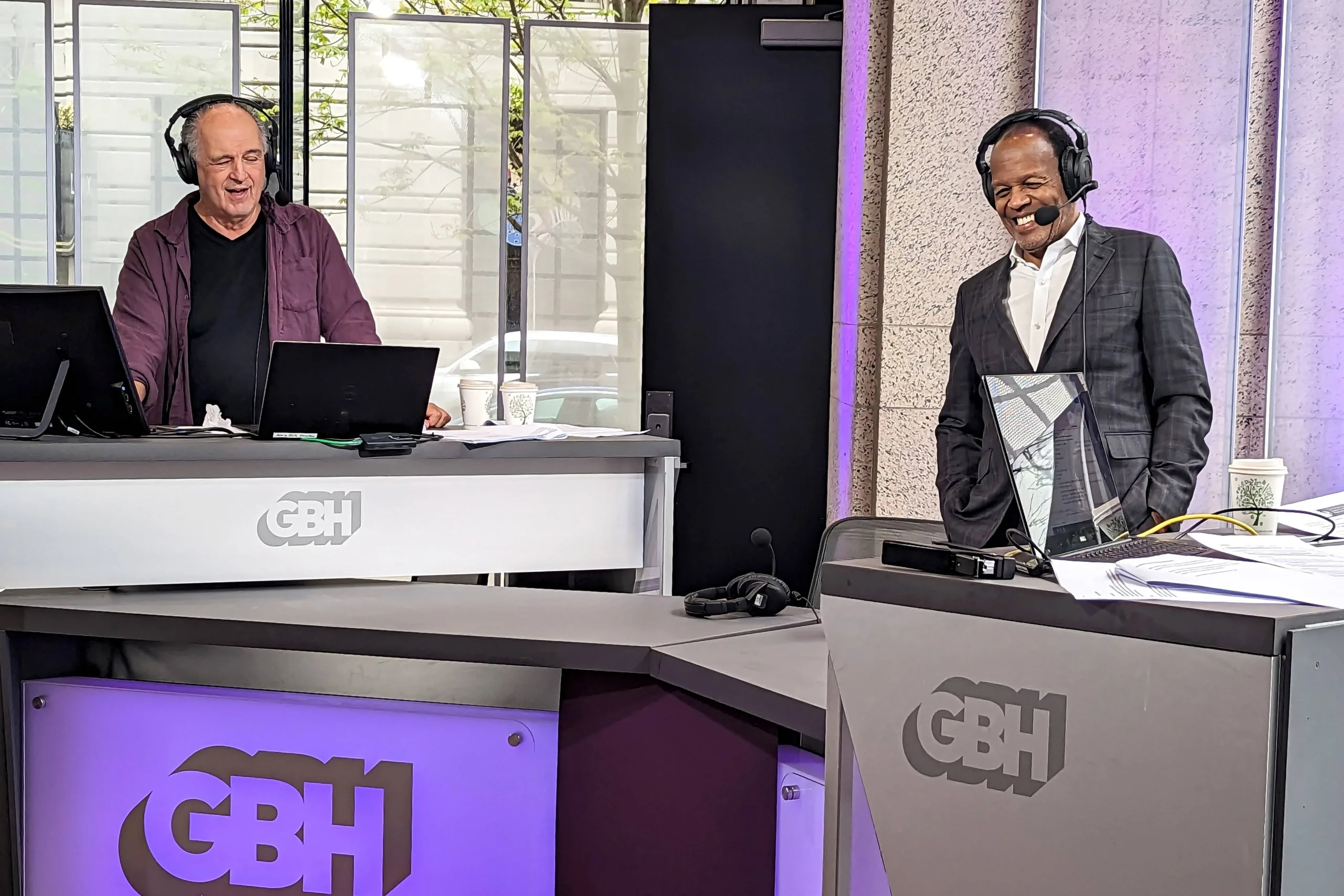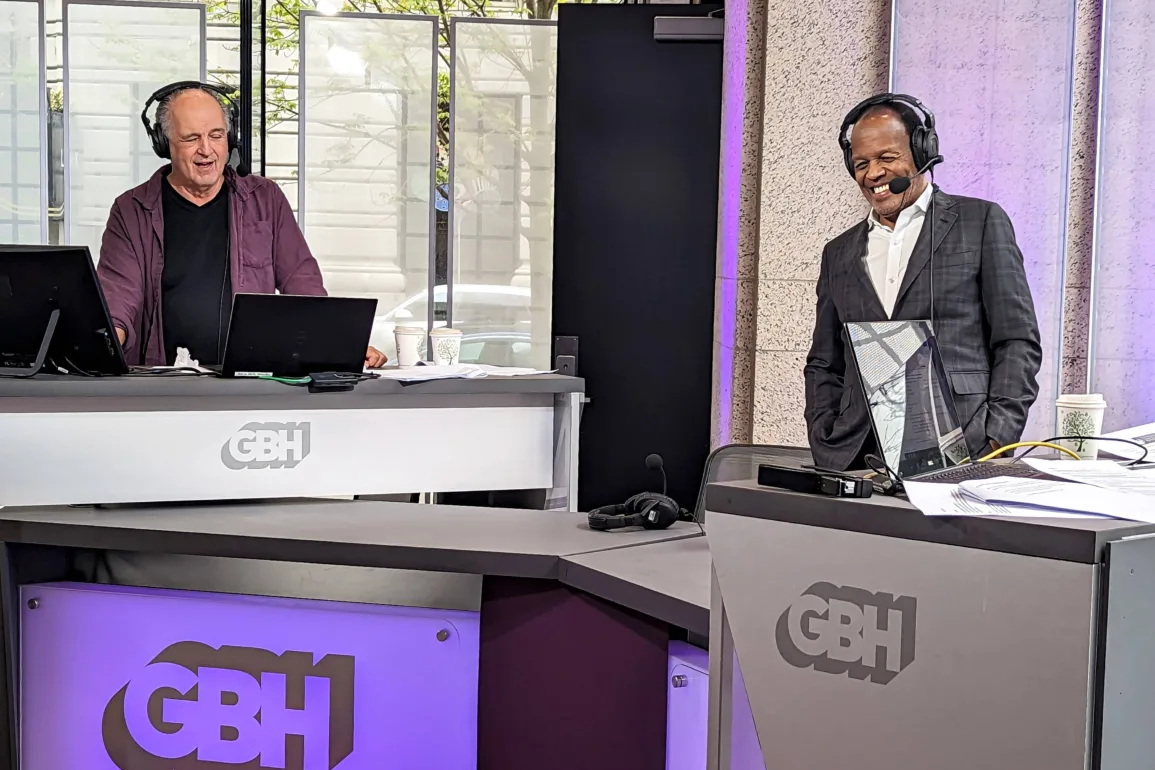
Back in 1984, Lee Pelton sat on the Harvard Faculty Standing Committee on College Admissions. He was responsible for reviewing and providing feedback on some students’ applications, a meticulous process that involved up to 40 individuals who closely debated applications in a process that could last several months.
“None of this is rote. None of this is done with a kind of ‘check the box.’ It’s very thorough and very considerate. And of course, race is one component of many components. Only one. It’s not the determining one, it’s not the deciding one, but only one of several components that are used to admit or not to admit a student,” Pelton said on Boston Public Radio Tuesday.
That’s why Pelton sees the Supreme Court’s recent ruling to eliminate affirmative action as “perverse” and “wrongheaded.” The full ramifications of the decision are still unclear as top universities reevaluate their admissions processes. The case was decided on behalf of Asian and Asian American plaintiffs, who said they were denied admission to Harvard and the University of North Carolina based on their race.
Pelton, who’s now the president and CEO of The Boston Foundation, found himself unsettled by the ruling’s logic. In Harvard College’s class of 2022, about 10.7% are Black or African American, 22% are Asian or Asian American, 6.5% are Hispanic or Latino and 14.3% are multiracial. Nearly half — 46% — are white.
“The notion that Blacks and Latinos with that small percentages was somehow taking seats away that would ordinarily go to Asians or Asian Americans doesn’t bear up in those numbers,” he said. “And in fact, if anyone’s taking those seats away, it is the white enrolled students.”
Related Stories
Pelton also pointed out inconsistent reasoning with the court’s decision to exempt the United States military academies from the court’s decision. Chief Justice John Roberts, in the court’s majority opinion, contended that affirmative action for military program should be upheld to ensure that their leadership mirrors the diversity of their troops.
“That’s the whole purpose of what folks are doing at Harvard and UNC, because we know that part of the virtue of the diversity programs is to create a pipeline for leadership,” Pelton said. “That’s one of their primary purposes, and that’s what’s under threat here.”
Some are looking farther afield to eliminate the consideration of race in other contexts. Last week, a group of Republican attorneys general sent letters to top U.S. employers, warning that they would pursue legal action against companies that “resorted to racial preferences or naked quotas.”
Pelton said that the legal grounds for the threat is “fragile” as it would be based on a different area of law — Title XII of the Civil Rights Act instead of Title XI. But still, he believes it’s a threat.
“One of the things that we cannot do is give up on our diversity efforts,” he said.
Pelton will be a panelist on Wednesday, July 19, at 6 p.m for the Get Konnected! & GBH/WORLD Present: Affirmative Action Town Hall Discussion moderated by Paris Alston of GBH News’ Morning Edition. The free event can be attended in person at GBH’s studios at 1 Guest Street in Boston or virtually. Pelton is also a member of GBH’s Board of Trustees.


